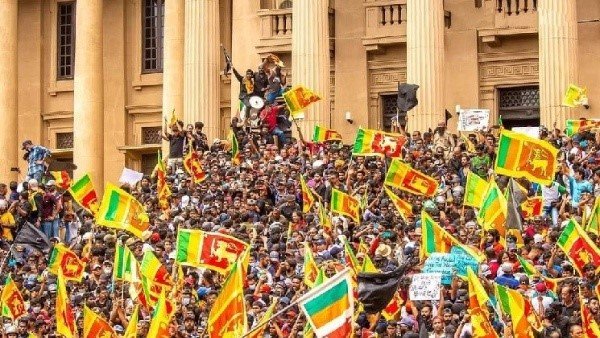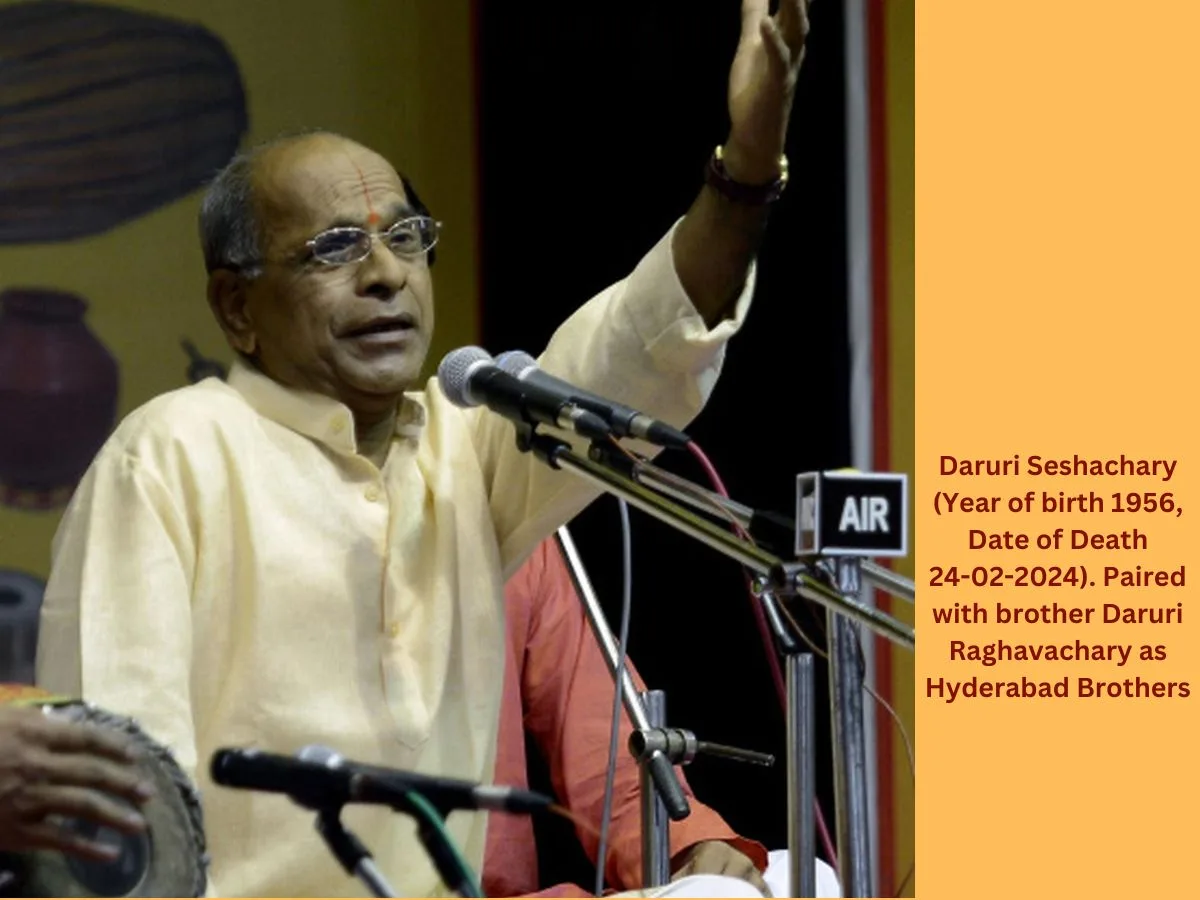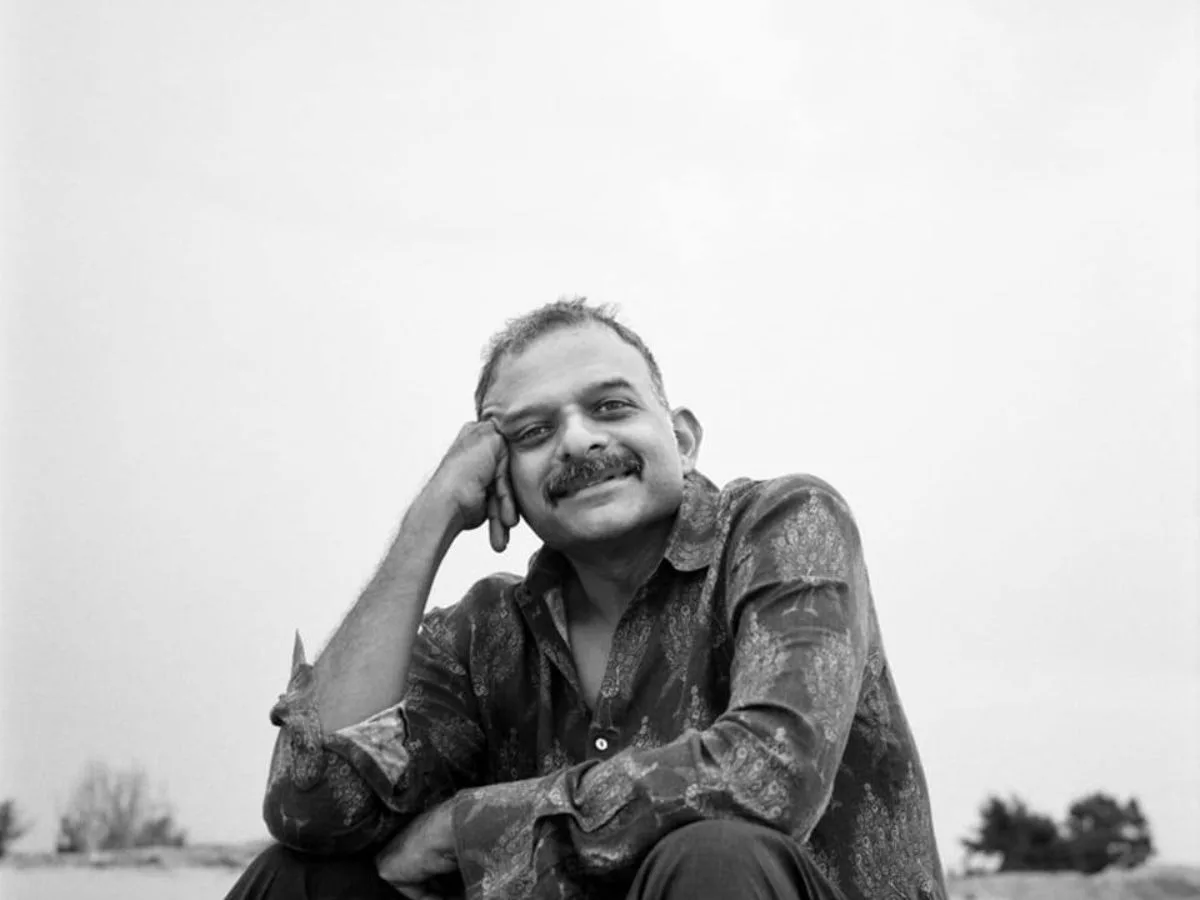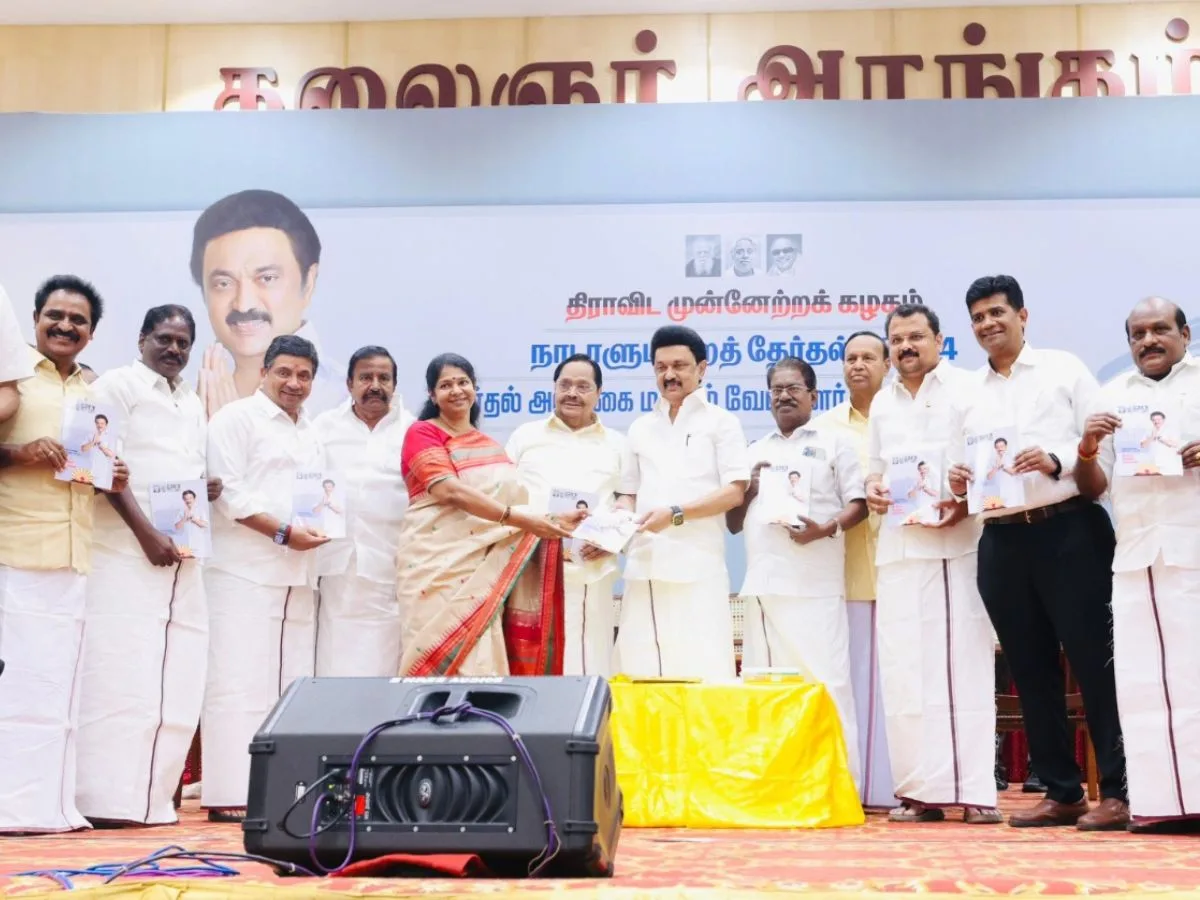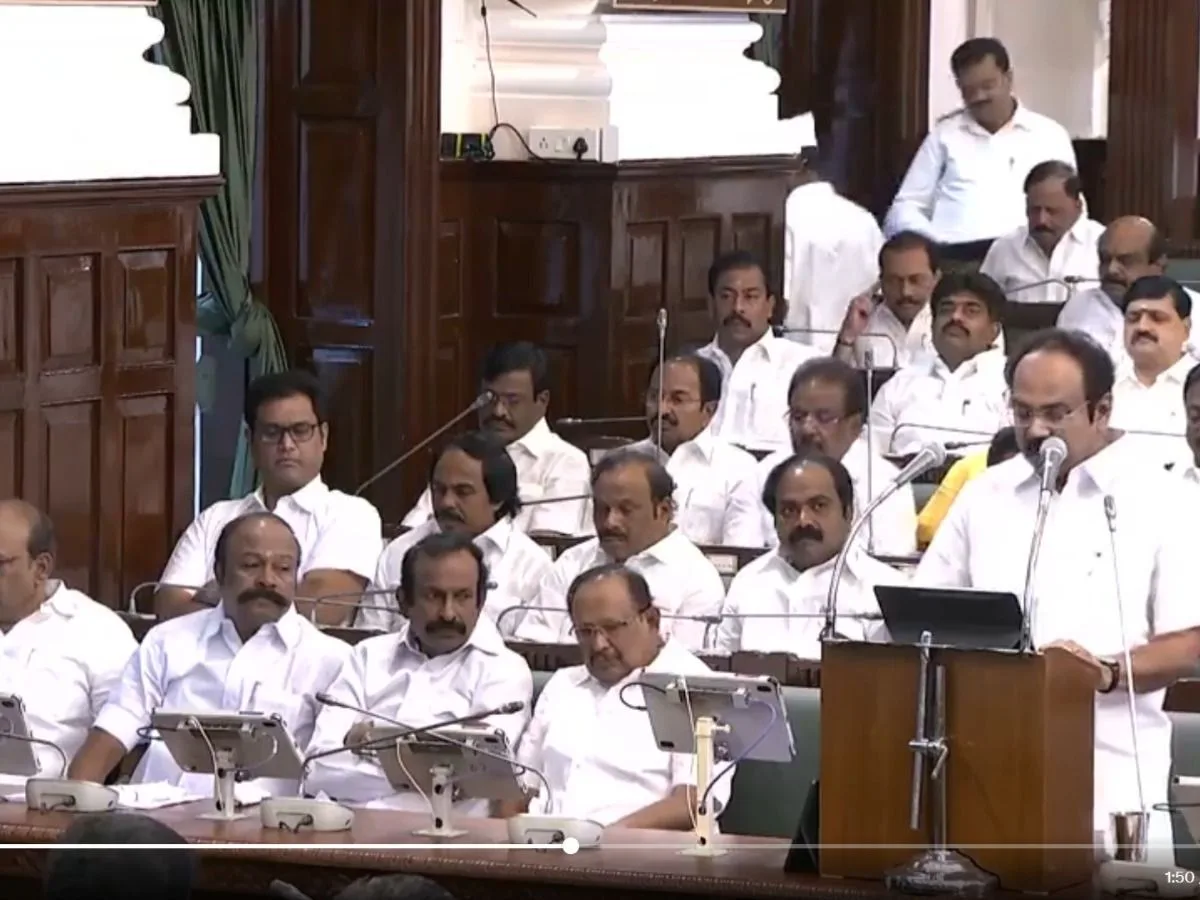Read in : தமிழ்
The Sri Lankan situation has puzzled many and made others apprehensive regarding the future. Advocate Yasodharan who represented Vavuniya had a role in government when Varadaraja Perumal was the first and only Chief Minister of the North-Eastern Province (1988-1990). He shared his analysis of the situation in Sri Lanka with inmathi.com and pointed out that similar uprisings in Libya and Tunisia have had little impact.
What’s the present situation in Sri Lanka?
The Sri Lankan situation is marked heavily by the people’s uprising. It is not clear whether the mass struggle has plans based on ideologies for political, social and economic changes. But no long-term vision can be found in the people’s revolution which revolves mainly around a single demand – removal of Gotabaya Rajapaksa and his family from power.
The protesters have laid siege to the President’s palace and torched the official residence of the Prime Minister. But the government, which is still supposed to be at the helm, has not taken action to prevent these incendiary activities. Does it mean that the government representatives, too, back the people’s protest?
No. It cannot be taken like that. This uprising should be seen from two perspectives. When Tamils in the northern province took to the streets for their rights, the government was not a silent spectator. It used arms and violence to quell the protests. But now even as the Sinhalese in southern Sri Lanka are up in arms against the establishment, the government machinery and the ruling class are dealing with the uprising silently, unable to crush the revolt with weapons and repressive measures. Though dazed and confused, the government maintains a stoic silence.
The elected government is still at the helm. Security mechanisms such as army and police are not functioning efficiently. In this situation, who is actually running the government?
Government is very much there. But it is not a functioning mechanism. It can be inferred that both army and police are not under its control. They can be taken as functioning violently on their own accord. So, it can be deduced that the government is functioning without any clear-cut policy or guidance.
This has happened in countries such as Afghanistan, Libya and so on. But those rebellions had not proved beneficial to the people in those countries. About 30 years ago, this kind of revolt took place in Philippines too. But its consequences were not favorable to the people in that country. So is the case with Tunisia
In the current Lankan situation, President Gotabaya Rajapaksa is supposed to be still at the helm of affairs. Is he not?
True. Legally power is still vested with him. But the catch is, at present, the power is not exercised at all. Period!
In that case, does it not mean that he will again exercise his power?
Of course. He may. But the stark reality is that though the government had power, the PM’s residence was torched by mobs. In case of natural disasters, there are chances that the President exercises his power directly. If the three armed forces are favourably inclined towards him, he will likely exercise his power again.
This kind of uprising has happened in other countries too, hasn’t it?
Yes. This has happened in countries such as Afghanistan, Libya and so on. But those rebellions had not proved beneficial to the people in those countries. About 30 years ago, this kind of revolt took place in Philippines too. But its consequences were not favourable to the people in that country either. So is the case with Tunisia.
Which direction will the Lankan situation take further?
Most of the protesters are Sinhalese. It was actually they who launched this uprising. But this has had only a limited impact on other races. In the Tamil-dominated northern and eastern provinces, there is only a small measure of support for the protests. This corroborates the existence of two major races in the island-nation. Had the Tamils launched a massive agitation as the Sinhalese have done, how the government would have reacted is too obvious to be spoken about.
Also Read:
‘Sinhala hegemony, Tamil elitism at the root of Sri Lankan crisis’
Sri Lanka govt approaches IMF, but loans will be bitter pill
Will this popular uprising pay off for the people?
We want this agitation to yield positive results for the people. But behind this façade of mass protests there are certain global hands. Sri Lankans’ life is, in fact, in the hands of super powers. It may turn out eventually that Sri Lanka yields to some super power.
The President has offered to resign before July 13. What then will happen after that?
Gotabaya Rajapaksa will likely go on three months’ medical leave. So, if he submits to the Speaker his medical leave letter instead of letter of resignation on July 13, it will hardly spring a surprise on us. Supposing he goes on medical leave, in all probability Ranil Wickremesinghe will step in to don the mantle of the acting President. The Supreme Court judge can administer an oath of office to him; for that, even Parliament need not convene. The Sajith group may argue in the court that both Gotabaya and Ranil have lost power following the struggle committee’s besieging of their official residences. But the struggle committee does not seem to have the administrative acumen enough to justify the mass protest and tackle the legal imbroglio. The protest, of course, is successful for now. But the struggle group, which is supposed to take a call on further course of action, continues to stay at the precincts of the President’s Palace, entrusting the responsibility of taking the struggle to the next level to primary political parties.
The moment the protest turned successful, the struggle committee must have pushed for convening of Parliament. If on their behalf the advocates’ association had pressed this demand, the Speaker would certainly have convened Parliament, left as he would be with no other options. But that rare opportunity had been given a neat go-by. As Prime Minister Ranil had declared July 12 as the national day of mourning for the assassination of former Japanese PM Shinzo Abe Parliament will not convene on Tuesday. Even if it convenes, issues pertaining to posting of acting President and new PM cannot be discussed lest the deliberation should militate against the spirit of the day of mourning. It all shows the diplomacy of Ranil who had tactfully declared the national day of mourning for the foreign dignitary.
Moreover, July 13 is the day of Poya (Full Moon Day) and so it is a holiday for all establishments including Parliament in Sri Lanka. If Gotabaya declares his medical leave on that day, Parliament will not discuss the matter as it cannot convene on the holiday.
However, Ranil can be sworn in as acting President by the judge. While Sajith and Anura Kumara Dissanayaka are going all out, guns blazing, to stall that eventuality, Ranil is trying to checkmate them with his Machiavellian moves. In case Ranil has his way, ascending the throne, if temporarily, several Sinhalese politicians will fall by the wayside and the Rajapaksa family will be protected.
Had the Tamils launched a massive agitation as the Sinhalese have done now, how the government would have reacted is too obvious to be spoken about
Now that the elected government seems to be stripped of its powers, is there a probability that other power centers will rise to the occasion and seize power?
Though it may not happen directly, other kinds of pressures are likely to mount. What will happen cannot be forecast exactly. But in the present situation, Sri Lanka is a powerless country having lost completely its purchasing power. Also it is plagued with political instability. Hence, extreme eventualities can hardly be ruled out.
The Presidential palace is under siege now. How come foreign tourists too are seen there?
In fact, there are only limited spots in the Presidential palace which are meant for guests. But the fact that even the foreign tourists have now an access to the most dignified palace must be taken as a gauntlet thrown for the Sri Lankan sovereignty.
Gotabaya Rajapaksha will likely go on three months’ medical leave. So, if he submits to the Speaker his medical leave letter instead of letter of resignation on July 13, it will hardly spring a surprise on us
In the Sri Lankan situation of chaos, what decision would the Tamil politicians take?
In this major issue facing the country, only a few Tamils and a few Tamil parties are involved. But it is not likely to make any great impact. There are several contradictions like the racial ones in Sri Lanka. The current uprising is meant only to remove the Rajapaksa family from power. The struggle committee will try to seamlessly stick to the demand. Then the President’s initiatives will prove futile.
Will this massive protest yield favorable results to the people?
To be frank, this uprising has projected as its main planks neither corruption nor systemic change. Sri Lanka is a pluralistic nation that is home to two major races and four prominent religions. Only if the protesters understand these facts, their understanding will pave the way for the ultimate change. But unfortunately there seems to be no such sign among them. The protesters have indeed lots of contradictions which will unfold down the line.
Read in : தமிழ்
